On Monday, August 3, the homes of at least three Baha’i families in northern Iran were torn down without warning by state forces. Police and municipal agents demolished the homes of the Sabetian, Derakhshan and Enayati families in the village of Roshankuh, Mazandaran province, without any warning and on questionable grounds.
An eyewitness told IranWire the houses were ransacked by staff from Mazandaran’s Natural Resources Department, backed up by police and the prosecutor’s office. The prosecutor's deputy was onsite and gave the order for the homes to be pulled down.
The Sabetian family was at home at the time of the onslaught. The other two were away, and all three are understood to not have been notified in advance.
Most residents of Roshankuh are Baha’is and locals said they have been subjected to harassment and discrimination for years on end. One manifestation of this has been the refusal to grant building permits to local Baha’is, while these are unproblematically issued to Muslims in neighboring villages.
In 2016, the Natural Resources Department had claimed that 14 plots of land in Roshankuh – all owned by Baha’is – were part of a protected forest zone and the homes had been built on it illegally. The Department then asked the courts for an eviction order. It came despite the fact that the same Baha’is had been in possession of this land for more than 70 years, and aerial images clearly show it does not form part of the forest.
The Committee to Suppress Religious Freedom
Last year on September 21, 2020, some 19 representatives from Iran’s security and intelligence agencies held a session of the so-called “Committee on Ethnic Groups, Sects and Religions” in Sari, the provincial capital of Mazandaran.
The purpose of the meeting was to discuss “the latest situation with dervishes and the deviant Baha’i sect”. According to an unpublished document later obtained by the International Federation for Human Rights (FIDH) and the League for the Defense of Human Rights in Iran (LDDHI), those present discussed methods to intensify the suppression of Iran’s religious minorities, especially the Baha’is.
This was quickly followed by expropriation of 27 Baha’i farming families from Ivel village near Sari on October 13, 2020. The destruction of Baha’i homes in Roshan Kuh appears to be the next step of the program.
The Tragedy of Goldaneh Alipour
Like other adherents to the Baha’i faith up and down the country, residents of Roshan Kuh have been constantly harassed and pressured to leave their homes ever since the 1979 Islamic Revolution. Barely three years after the Revolution, a 64-year-old woman by the name of Goldaneh Alipour (Yousefi) was murdered in Roshankuh.
Goldaneh was born into a Muslim family in 1918 in the village of Sadat Mahaleh. At the age of 20 she married Fath-Ali Alipour, a Baha’i from the village of Kand Saban, and although not a declared Baha’i herself, she raised her children as Baha’is. In 1978, one year before the Islamic Revolution, she formally converted to Baha’ism. As a consequence she and her children shunned and degraded by her family. This escalated into beatings after the Islamic Revolution.
Eventually, Goldaneh’s family were forced to leave their village, moving to a small hut on the outskirts of Roshan Kuh. On the afternoon of December 24, 1982, while Fath-Ali Alipour was out, three of Goldaneh’s more zealous relatives came to her home to pressure her to convert back to Islam. When she refused, they began beating her with sticks, then brought out a rope and suffocated her.
Goldaneh’s relatives wrapped her body in a blanket, doused her in gasoline and set her on fire. The fire spread and not only destroyed the hut but everything inside it. Several sheep kept by the family were also burned to death. The whole atrocity was witnessed by Goldaneh’s grandchild.
Goldaneh Alipour’s son later filed a complaint against the murderers. They were arrested but released on bail just 25 days later. The group claimed they had only intended to “guide her onto the path of righteousness”, and were acquitted by the Revolutionary Court because no “adult witness” had been present during the incident.
Related Coverage:
#StopHatePropaganda Twitter Campaign Confronts Hate Speech Against Iranian Baha'is
Increase in Anti-Baha'i Propaganda in Iran Prompts Call for Accountability
Baha'i Student Expelled Because of his Faith
Baha'is in Iran have Nowhere to Bury Their Dead
Six Baha'is Arrested in Bandar Abbas
Three More Baha’i Houses Raided in Iran
Breaking: An All-Out Assault on Baha'is Across Iran
visit the accountability section
In this section of Iran Wire, you can contact the officials and launch your campaign for various problems




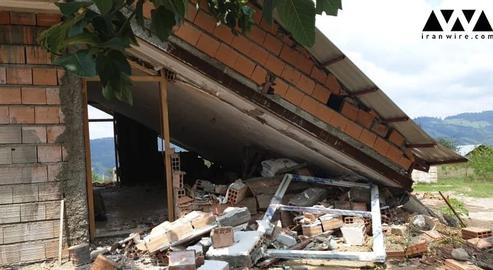
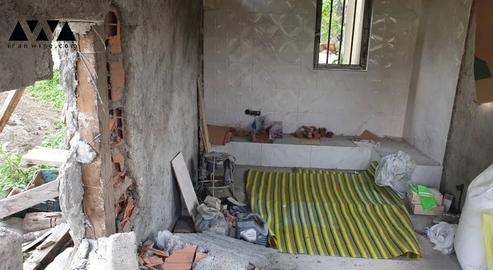
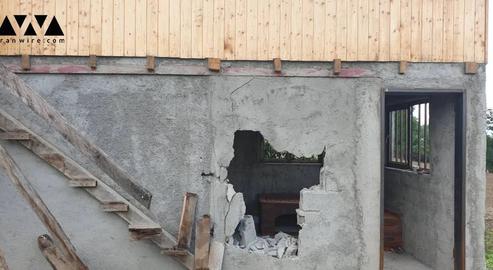
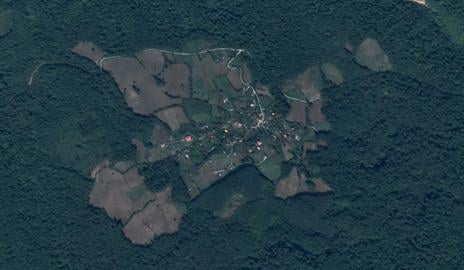

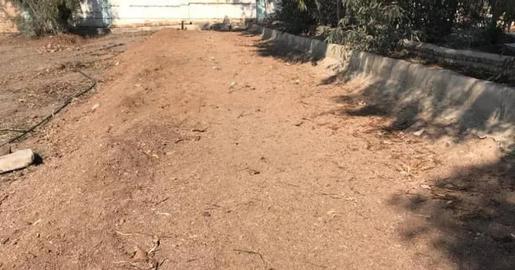
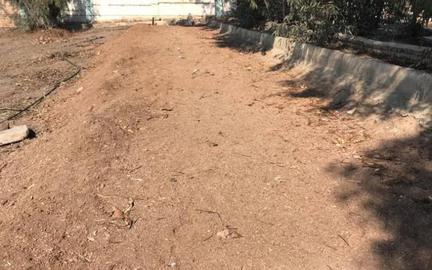

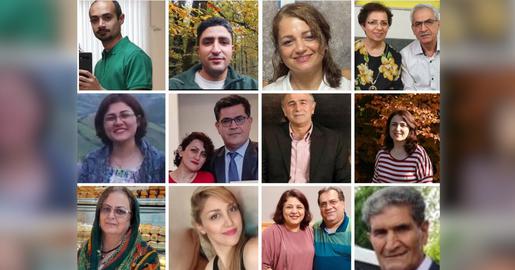
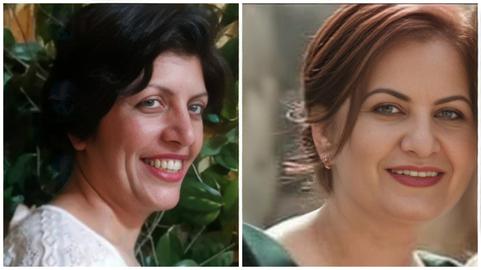

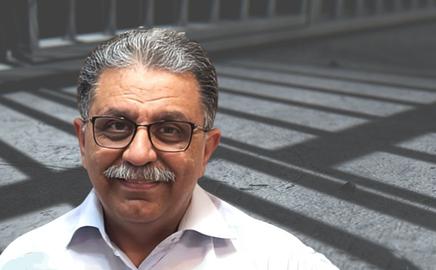

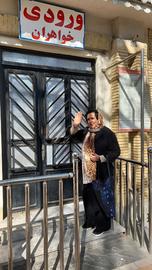
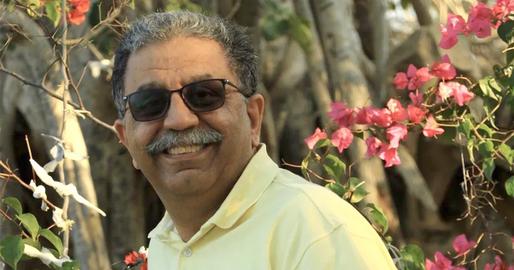




comments